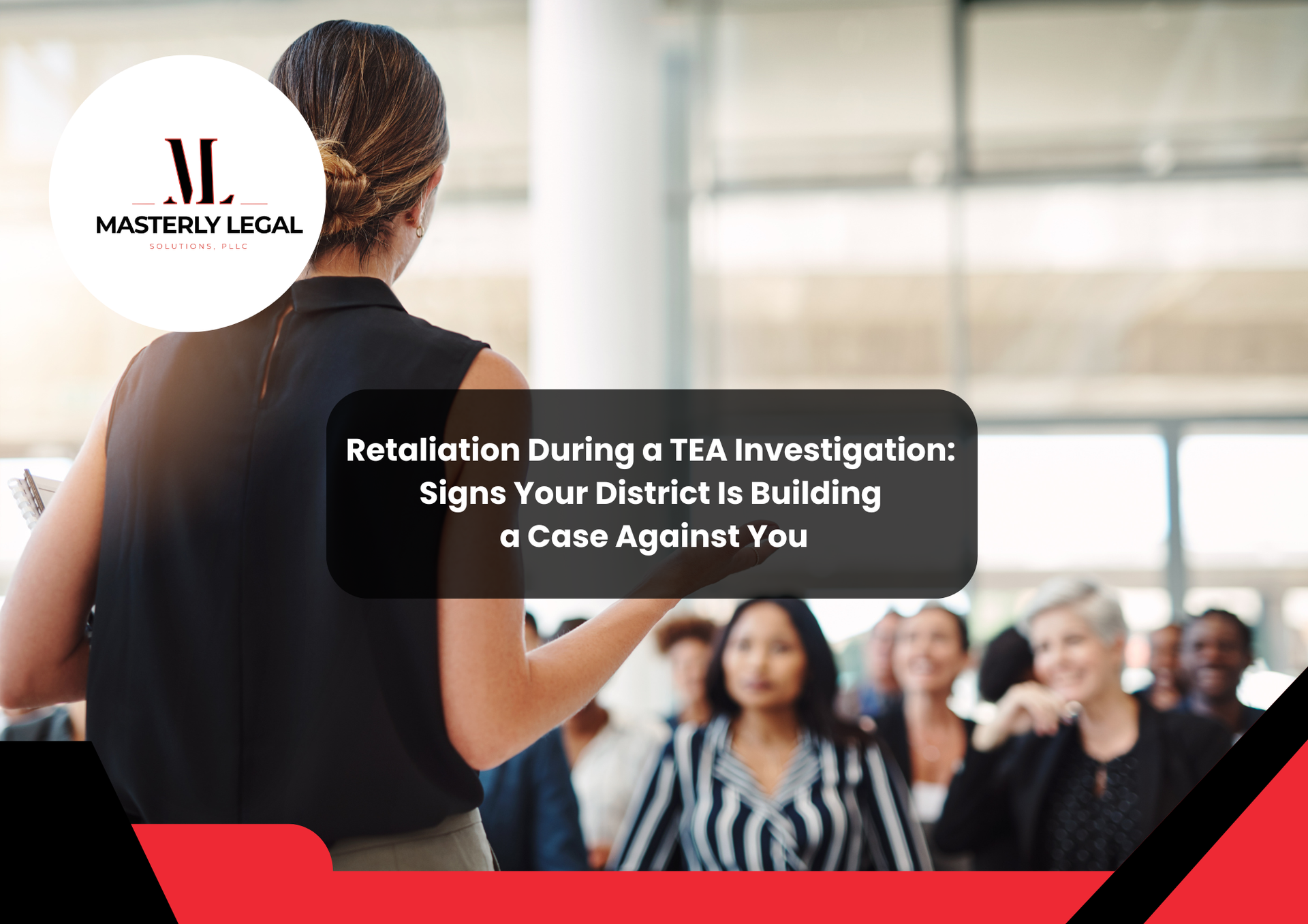Securing Your Legacy: The Importance of Estate Planning for Small Business Owners
Estate planning is not just a task for the wealthy, it's a critical step for small business owners looking to protect both their personal and business assets. This guide explains why every small business owner needs an estate plan and how it can safeguard your business's future, ensure a smooth succession, and provide peace of mind for you and your loved ones. Understanding the key components of a solid estate plan and the role of experienced estate planning lawyers can make all the difference in securing your legacy.
Why Do Small Business Owners Do Estate Planning?
Small business owners engage in estate planning to ensure their business and personal assets are protected and properly transferred to their chosen beneficiaries. Estate planning offers a strategic approach to deal with unforeseen events such as illness, incapacity, or death, ensuring that the business can continue to operate smoothly or be transferred according to the owner's wishes.
The Core Elements of an Estate Plan for Business Owners
A comprehensive estate plan for a small business owner typically includes creating a succession plan for the business estate plan.
- A will or trust to handle the distribution of assets, which can specify medical decisions and include terms for transferring a business.
- A succession plan detailing the future leadership of the business.
- Powers of attorney for financial decisions and healthcare directives.
- A buy-sell agreement among business partners.
- Life insurance policies to cover debts, taxes, and provide for beneficiaries are essential in securing the financial future of your business may it continue without you.
Succession Planning: Ensuring the Future of Your Small Business
Succession planning is crucial for small business owners. It involves deciding who will take over the business in your absence. Without a clear plan, your business could face uncertainty or conflicts among family members or partners, highlighting the importance of careful planning and including the business in your estate plan. A well-thought-out succession plan helps ensure a smooth transition, maintaining the business's continuity and value.
Understanding Estate Taxes and How to Minimize Them
Estate taxes can significantly impact the assets you leave behind, especially for a family business. Proper estate planning helps minimize estate taxes, ensuring your beneficiaries receive more of your hard-earned assets, which should include in your estate plan to protect your personal estate. Strategies may include setting up trusts, making charitable donations, or utilizing gift exemptions. Consult with an estate planning attorney to understand the best tactics for your situation, including adding medical decision-making authority as part of your estate plan.
The Role of Trusts in Protecting Business and Personal Assets
Trusts play a vital role in estate planning by offering control over how your assets are distributed and when, according to the terms of the trust. They can also provide tax benefits and protect your assets from probate and creditors, crucial for maintaining a family business intact and an essential aspect to include in your estate plan. For business owners, trusts ensure that the management and ownership of the business pass to the intended persons under the terms you specify.
Why Every Business Owner Needs an Estate Plan
An estate plan is essential for every business owner because it helps to keep the business thriving across generations.
- Protects your business and personal assets.
- Ensures your business's legacy continues as you intended, through careful planning and by including it in your estate plan.
- Provides for your family and employees even after you're gone, highlighting estate planning tips that ensure your personal estate fulfills your wishes.
- Helps minimize potential disputes among heirs or business partners.
How to Create a Business Succession Plan
Creating a business succession plan involves several steps:
- Identifying potential successors, whether family members, employees, or external parties.
- Determining the value of your business is pivotal to guide financial decisions in the succession plan, ensuring you can run your business effectively even in your absence.
- Developing training and transition plans for the new leadership.
- Legal documentation to make the succession plan official, which is a pivotal step in transferring a business as part of your estate plan.
Estate Planning Tools Every Small Business Owner Should Consider
Several estate planning tools are particularly beneficial for small business owners looking to create a succession plan as part of their personal estate planning.
- Buy-sell agreements to outline what happens to your business share upon your death.
- Life insurance to provide liquidity for your estate or buy out your business interests.
- Revocable living trusts to avoid probate and provide clear instructions for asset distribution, detailing the terms of the trust and how it fits into your overall estate planning strategy.
How Our Law Firm Can Assist with Your Estate Planning Needs
Our experienced estate planning attorneys at Masterly Legal Solutions specialize in addressing the unique needs of small business owners. We can help you include in your estate plan strategies to make medical decisions and handle medical treatment advance directives.
- Develop a comprehensive estate plan that includes both your personal and business assets to safeguard your family business.
- Create a tailored business succession plan.
- Minimize your estate's tax liabilities by considering the tax implications of transferring a business.
- Ensure your estate plan remains up-to-date with changes in your business or personal life to keep the business on a successful track.
Partnering with an Estate Planning Lawyer: A Smart Choice for Business Owners
Partnering with a knowledgeable estate planning lawyer ensures your estate plan is comprehensive, legally sound, and tailored to your specific needs. An attorney can guide you through the complexities of estate planning, helping protect your business and personal assets for the future.
Be sure to contact us at (972) 236-4836 so we can schedule a free consultation to discuss your estate plan!
Frequently Asked Questions
What is estate planning and why is it important for small business owners?
Estate planning involves creating a set of legal documents to manage and distribute your assets after you pass away. For small business owners, estate planning is crucial as it ensures that your business and personal assets are handled according to your wishes.
What are some estate planning documents that small business owners should consider?
 Button
ButtonSmall business owners should consider creating a will, financial power of attorney, and healthcare power of attorney. These documents help ensure that your business and personal affairs are managed properly in case you become incapacitated or pass away, making them a critical part of your estate plan.
How can insurance coverage benefit small business owners in estate planning?
 Button
ButtonInsurance coverage, such as disability insurance and life insurance, can provide financial security for your family and business in the event of your passing or disability. This can help cover expenses and mitigate financial risks.
What are some tips for business owners when it comes to estate planning?
 Button
ButtonSome tips for business owners include working with a financial advisor or attorney to create a solid succession plan, regularly reviewing and updating your estate plan as needed, and considering setting up a trust or family limited partnership to protect your assets.
What are the tax implications of estate planning for small business owners?
 Button
ButtonSmall business owners need to carefully plan their estate to minimize potential tax liabilities. This includes considering gift tax implications, the management of the business after the owner's passing, and the transfer of business ownership to family members or other parties.
How can small business owners ensure that their business continues to run smoothly after their passing?
 Button
ButtonBy including a solid succession plan in their estate planning, small business owners can designate who will take over the business and how it will be managed. This helps ensure a smooth transition and continuity for the business.
When should small business owners seek the advice of an attorney or tax professional for estate planning?
 Button
ButtonSmall business owners should consult with an attorney or tax professional when creating their estate plan, especially in complex situations involving multiple owners, transferring business ownership, or dealing with potential tax implications. Professional guidance can help ensure that the plan is legally binding and meets the owner's goals, crucial for a business owner's estate planning process, and can include important estate planning tips.
Looking for Legal & Business Solutions? Contact Us Now
Fill in the form or call us to set up a meeting














